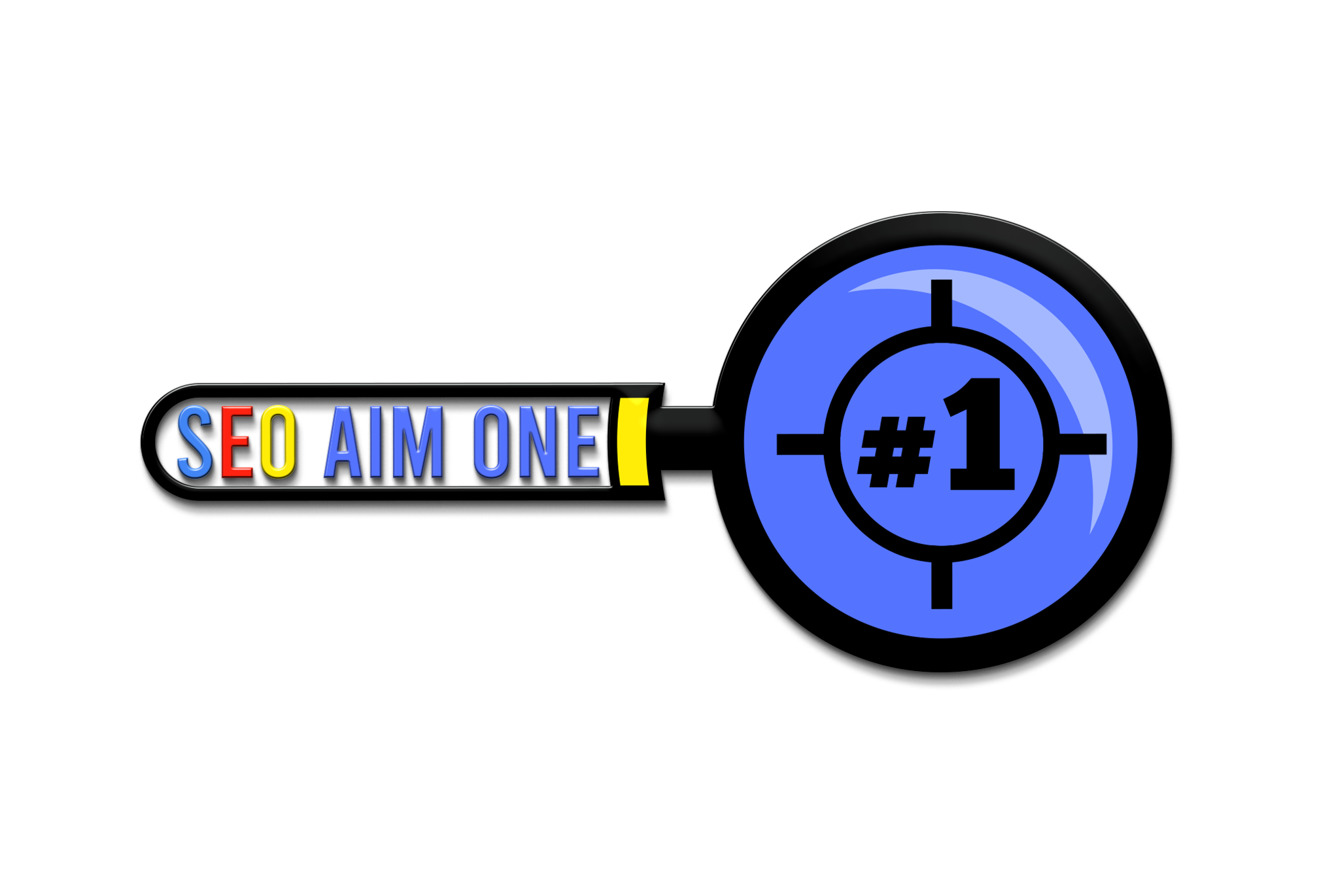Expert Tips to Improve the Web Positioning of your Website
(Complete Guide)

Web positioning is fundamental to the success of any online business. If you want to increase the visibility of your website and attract more qualified traffic, it is crucial to apply effective SEO strategies.
The objective of this blog, is that our web positioning expert provides you with the best and necessary tools that will help you improve the web positioning of your website, wherever you are.
Whether you are a beginner in the world of SEO web positioning, or someone who already has experience, you will find this valuable and practical information to take your positioning strategy to the next level.
Conduct Thorough Keyword Research:
Keyword research is the starting point to improve your web positioning. Spend time understanding the most relevant keywords and phrases for your industry.
Use tools like Google Keyword Planner or if you are looking for something more professional you can also use the tool SEMrush to identify terms with good search volume and low competition.
By selecting the right keywords for the services your company is offering, you will be able to focus your content optimization efforts more effectively.
Optimize the Content of your Web Page:
High-quality content is at the heart of a successful SEO strategy. Make sure your web pages have unique, relevant and well-structured content.
Use keywords naturally in headlines, body text, and meta tags. This will help search engines understand the topic and relevance of your content. Also, include internal and external links to improve the user experience and demonstrate the authority of your website.
Improve the Loading Speed of your Web Page:
The loading speed of your website is a crucial factor for web positioning. Users expect pages to load quickly, and search engines also favor fast websites. Optimize images and minify code to reduce load times.
Use tools like pagespeed insights de Google to identify and resolve performance problems. Fast loading will improve the user experience and help you get better search engine rankings.
Build a Solid Internal Link Structure:
Internal links play an important role in both your website navigation and SEO. Create a well-organized and logical internal linking structure to facilitate user navigation and help search engines understand the structure of your site.
Use relevant keywords in the anchor texts of your internal links to improve relevance and ranking. This also helps search engines understand the structure of your content and index your pages more efficiently.
Generate Quality Links:
The generation of quality links is a key factor in web positioning. Look for opportunities to get links from other relevant and trusted websites. You can do this by creating valuable content, participating in online communities, collaborating with other websites, and promoting your content on social media.
Quality links will increase the authority of your site and improve your search engine rankings.
Optimize for Mobile Devices:
Nowadays, it is imperative that your website is optimized for mobile devices. With an increasing number of users accessing the internet through their smartphones and tablets, it is crucial to provide a smooth and responsive user experience across all devices.
Make sure your website looks and works well on smaller screens, that buttons and links are easy to tap, and that your content scales appropriately.
Use Title Tags and Meta Descriptions:
Title tags and meta descriptions are important elements for SEO.
Make sure that each page of your website has a unique and descriptive title tag that contains relevant keywords. Meta descriptions should be attractive and concisely summarize the content of the page.
These tags and descriptions not only help search engines understand the content of your page, but also influence users' decision to click on the search results.
Improve the User Experience:
The user experience is increasingly important in web positioning. Make sure your website is easy to navigate, with a clear structure and relevant internal links. Offer useful and relevant content to your visitors and improve the loading speed of your pages.
Also, and this is very important, make sure that your website is always secure and reliable, you can achieve this by installing an SSL certificate on your website.
Maintain an Active Presence on Social Media:
Social networks can play an important role in web positioning. Maintain an active presence on social platforms relevant to your business. Share quality content, engage with your followers, and promote your website and content.
Mentions and link shares on social media can drive additional traffic to your website and improve your visibility online.
Conclusion on Expert Tips to Improve your Web Positioning
Improving your web positioning requires a strategic and constant approach. By applying these tips from experts in digital marketing, you will be on the right path to boost the visibility of your website and to attract more potential customers in your physical and/or online store.
In closing, I want to remind you that SEO is an ongoing process, so it's important to keep up with the latest trends and adjust your strategies accordingly.
If you implement these tips today you will be able to see how your website ranks among the first in the search results or at least manages to advance, positioning for a website can be easy or more difficult depending on the difficulty of accessing the keywords.
But despite this, trust me, the continued effort will pay off because as you see your online presence grow and see solid business results, you'll start to get inspired and motivated.
Finally, and to finish, remember that mentions and links shared on social networks can also help you generate additional traffic to your website and improve your visibility on the internet.

